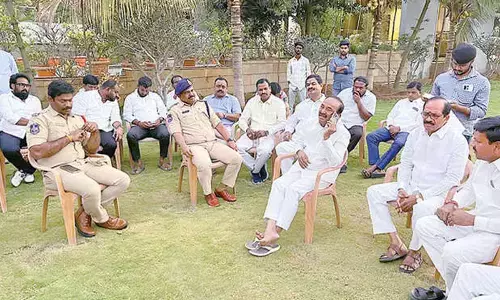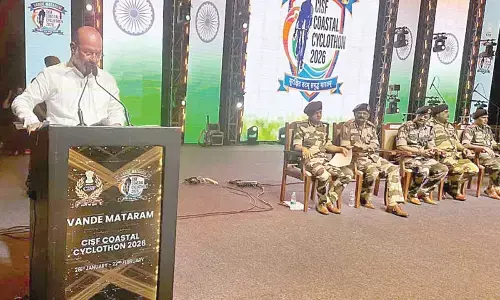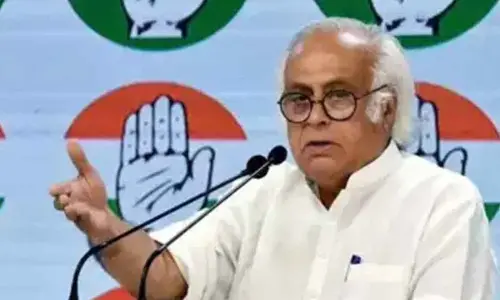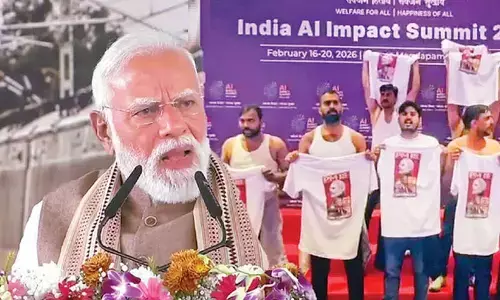Govt’s inaction forcing handloom workers end lives
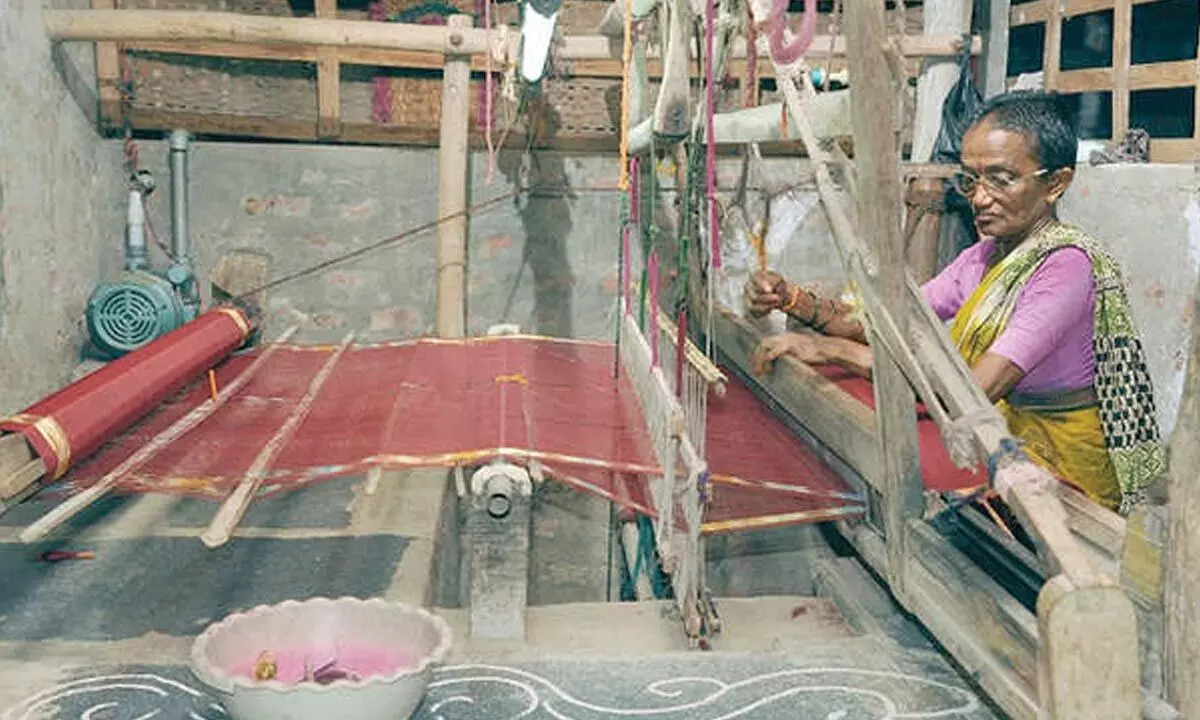
A handloom worker weaving a saree - File Photo
The failure of government to respond in time to take concrete measures to protect the distressed handloom workers is leaving them to take extreme steps of ending their lives forcibly.
Chirala: The failure of government to respond in time to take concrete measures to protect the distressed handloom workers is leaving them to take extreme steps of ending their lives forcibly. The continuing suicides of weavers, which are similar to honour killings of skilled workers, raise an alarm that should be addressed immediately by the authorities and extend support to the community.
The administrative and policy decisions by the State and Central governments have jeopardised the lives of the weavers and the allied workers for the last few years.
They expected that the governments would provide some relief to them in one way or another, but no officer or public representative cared for them.
Earlier in the Corona pandemic, the weavers used to get work for at least 25 days a month, but after the pandemic, they are only receiving work for 15 days.
The shortage of work is resulting in loss of wages coupled with an increased burden of loans for the education of the children, and medical expenses of the elderly in their family.
The skilled weavers, who are expecting that the olden days would return, are ending up in the clutches of the moneylenders and microfinance organisations for the survival of the family.
But, unable to withstand the pressure mounting day-by-day from the lenders, and unable to answer the threats and sustain the humiliation in front of the neighbours, the breadwinners are consuming poison, or hanging themselves to the same handloom that their family depended on, or jumping under the trains.
On August 24, a 45-year-old skilled weaver from Ramakrishnapuram of Chirala, Goli Nagamalleswara Rao, committed suicide by hanging in the handloom. He was unable to address the pressure from the lenders and representatives from microfinance organisations from which he took loans.
There were 13 other weavers from Chirala alone, from a 17-year-old teenager to a couple over 65 years old, who forcibly killed themselves as the last resort to protect the honour of the family, for the previous two years. All of the victims took the extreme step after losing hope in the government, and concern from the community.
Responding to the pathetic state of most of the weavers’ families, Rashtra Chenetha Janasamakhya founding president Macharla Mohan Rao and president Devana Veeranageswara Rao demanded the government to take up remedial measures by consulting with the weavers community, particularly with the kith and kin of the weavers who committed suicide, to understand the reasons and the situations that led to the extreme step by the victims.
They requested the officials, including collector, to check the establishment of the handloom production and purchase centres by the government in Chirala and other handloom weavers’ concentrated areas. They demanded the government to implement the Handloom Reservation Act, 1985 in true spirit and cleanse the cooperative sector. They demanded the government to announce Rs 10 lakh as ex-gratia to the handloom workers who committed suicide, and take strong initiatives like establishing a handloom park to provide employment, introducing and implementing welfare schemes, providing subsidies on silk, zari, and cotton yarns, and implement the thrift-cum-savings schemes perfectly.


